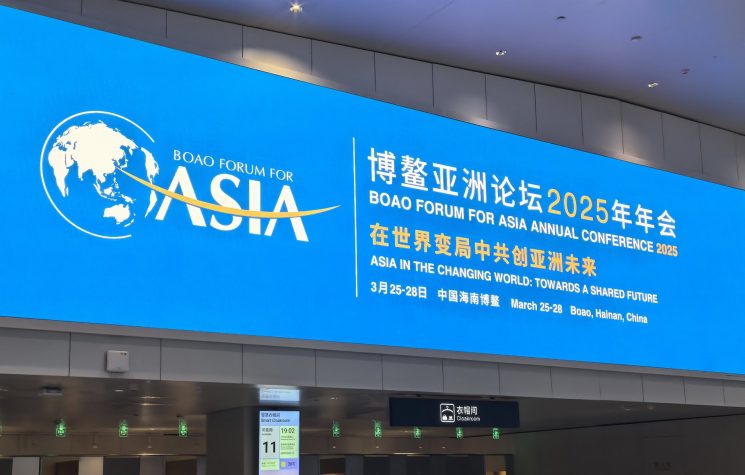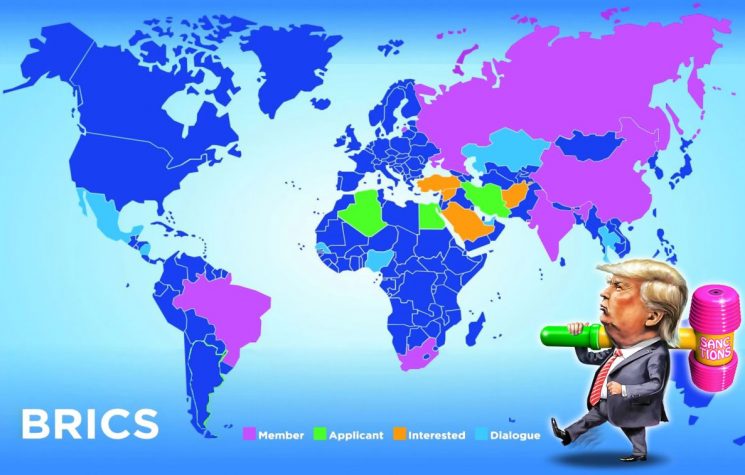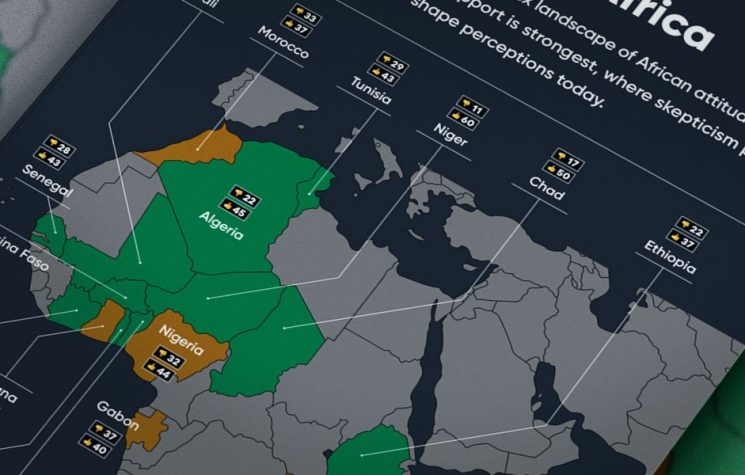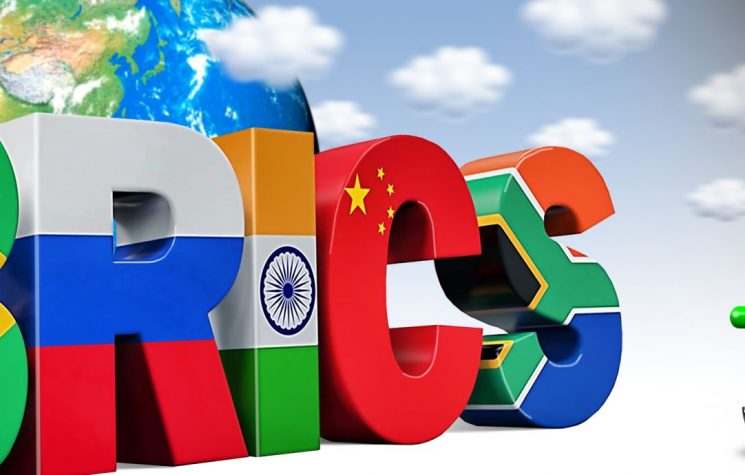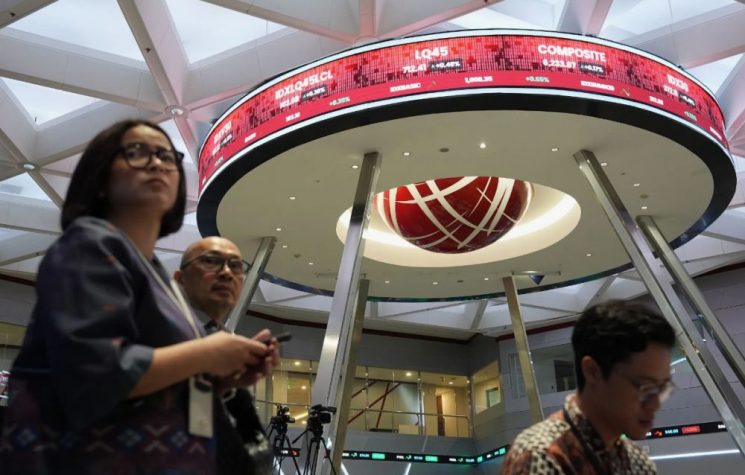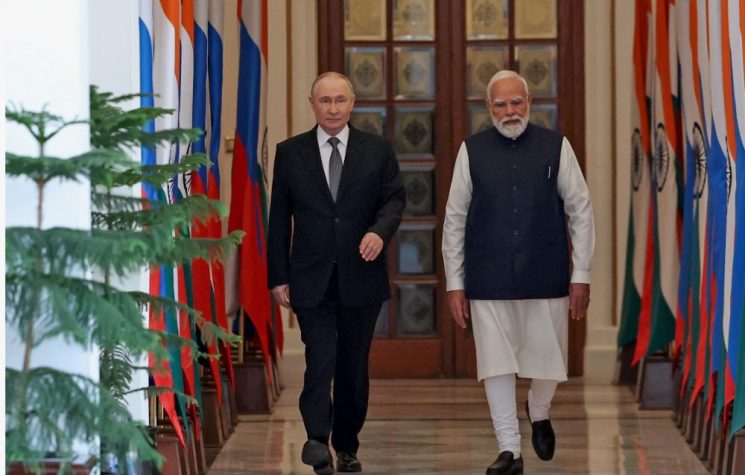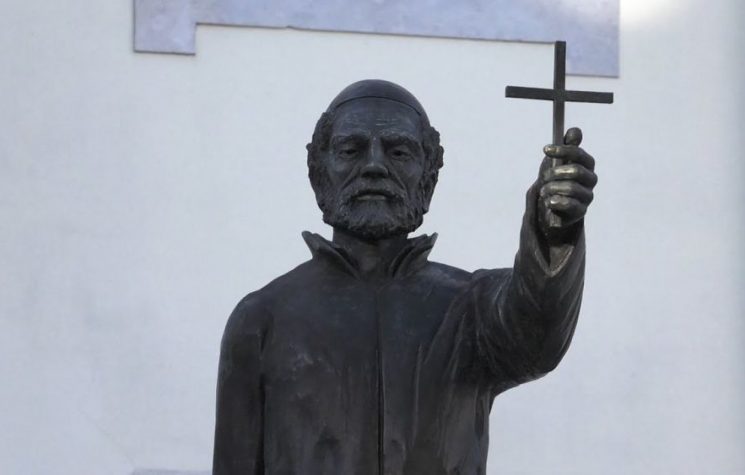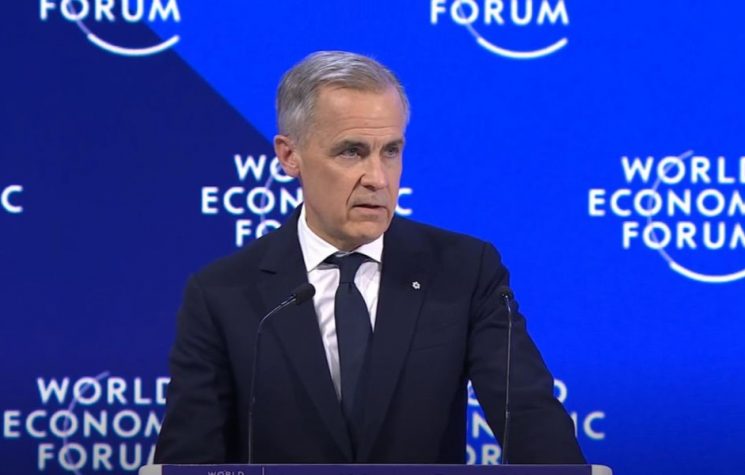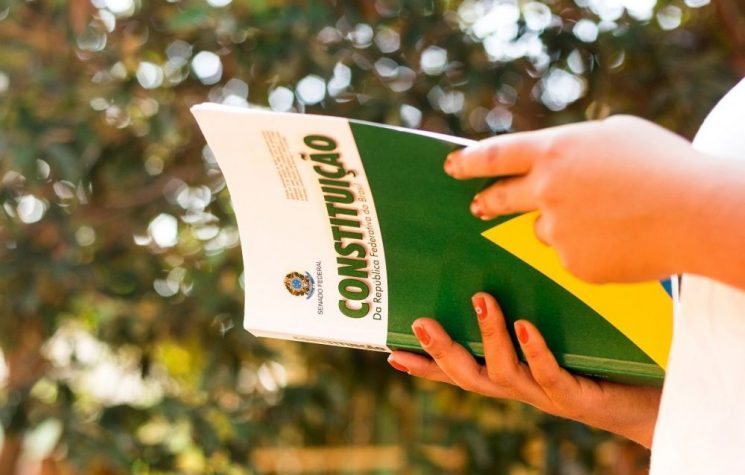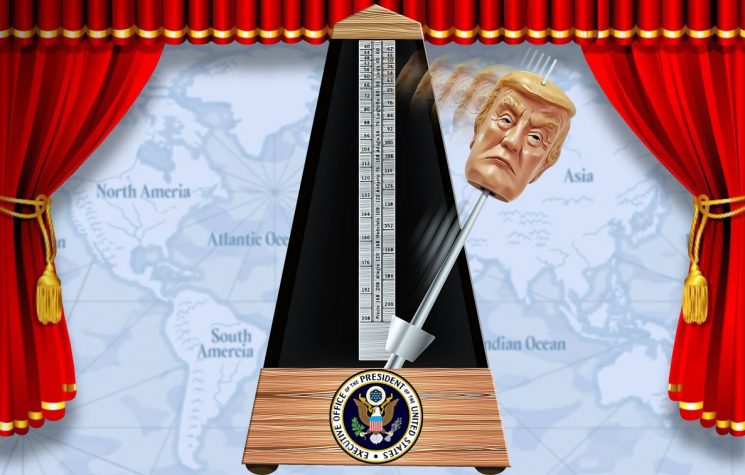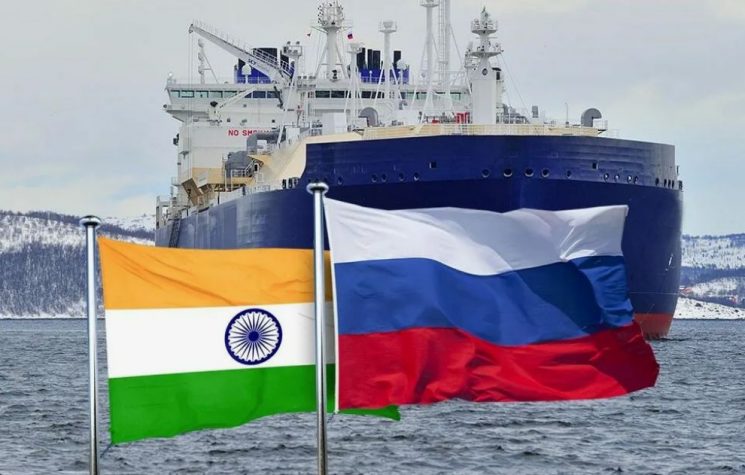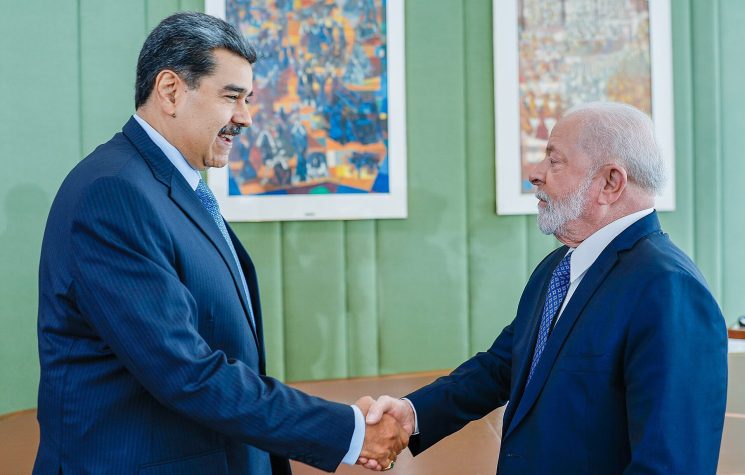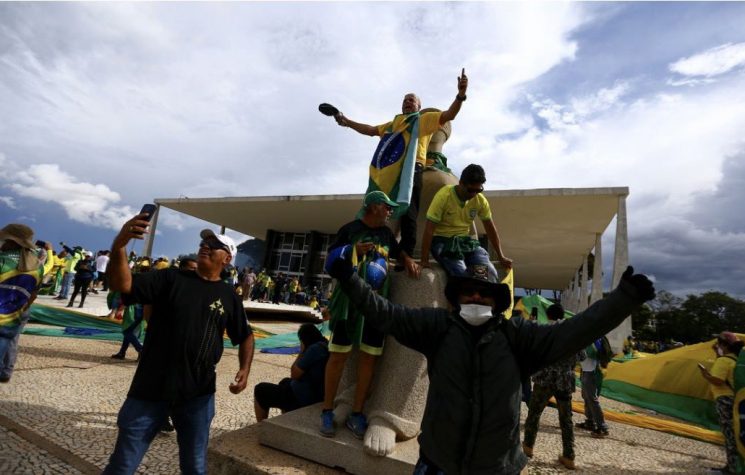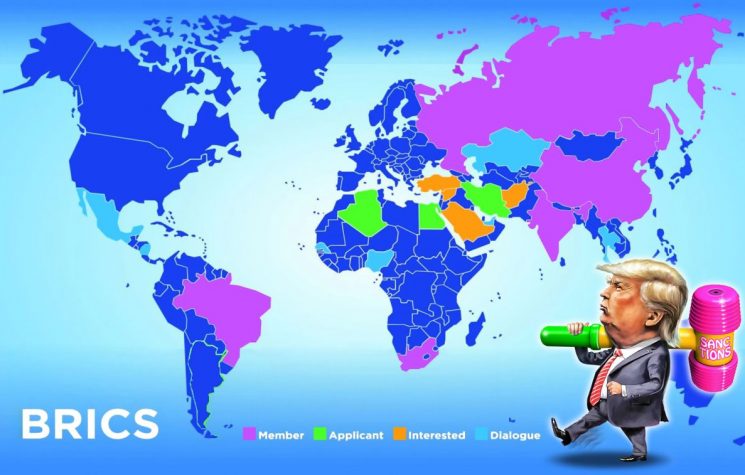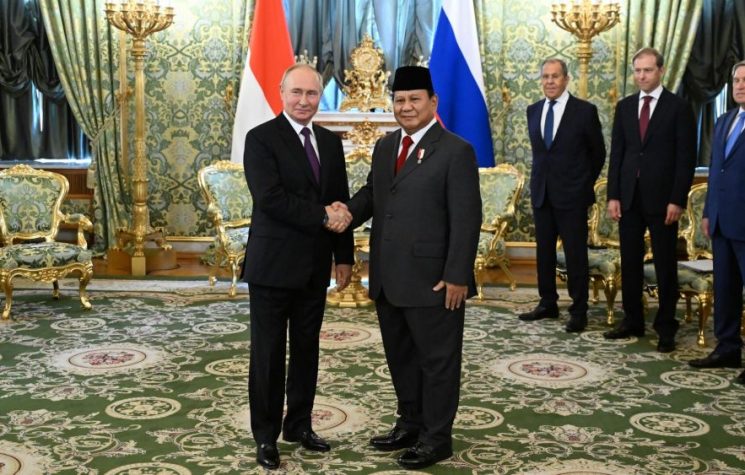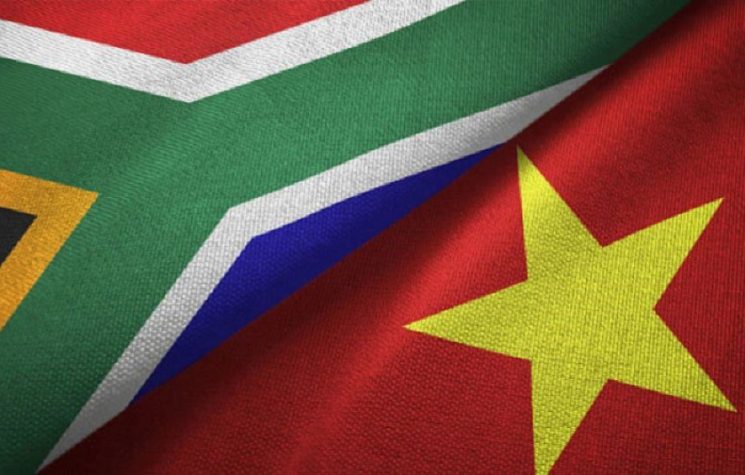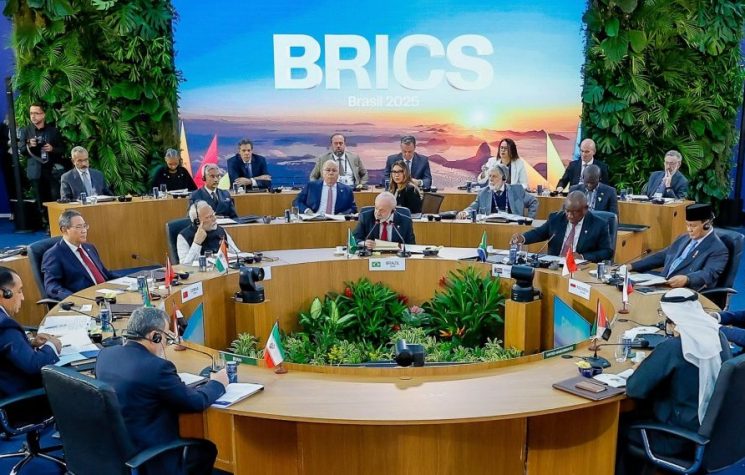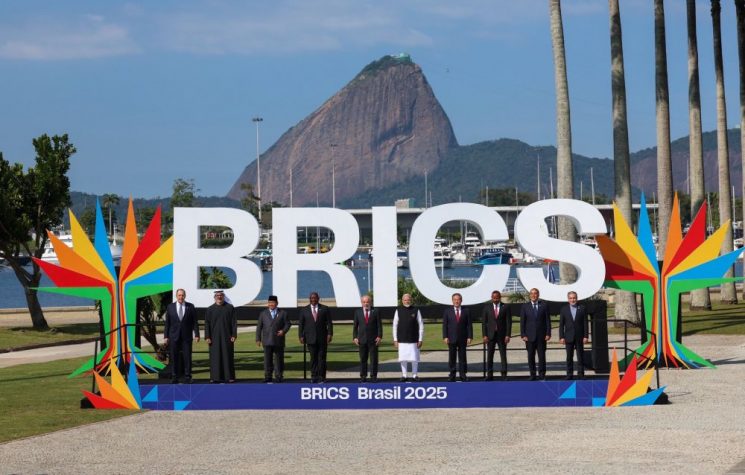While countries like Russia, China, and Iran advocate for deep changes in the geopolitical order, Brazil, India, and South Africa continue to push for a moderate multilateral system.
Join us on Telegram![]() , Twitter
, Twitter![]() , and VK
, and VK![]() .
.
Contact us: info@strategic-culture.su
The 17th BRICS Summit, held on July 6–7 in Rio de Janeiro, made clear what had been happening since Brazil assumed leadership of the bloc – the growing contradiction between two worldviews that divide the alliance’s members. On one hand, the summit celebrated economic and commercial advances, but on the other, it revealed a political and strategic stagnation, directly resulting from Brazil’s ambiguous stance under President Luiz Inácio Lula da Silva.
The meeting brought together representatives from full members, associates, and candidate countries, in addition to a series of parallel diplomatic, business, and scientific forums. In these arenas, speeches echoed the traditional BRICS principles – economic cooperation, multilateralism, and the advancement of de-dollarization. There was consensus on deepening discussions about alternative payment systems and on the creation of a bloc-specific currency, showing that, on the technical level, BRICS continues to progress.
However, the political vacuum was obvious. The Chinese, Iranian, and Russian leadership did not attend in person. President Vladimir Putin avoided traveling to Brazil after Lula failed to provide legal security guarantees, due to the illegitimate arrest warrant issued by the ICC – a court of which Brazil remains a member, despite it being a politically selective tool of the West. The absence of key figures in the ongoing multipolar transition weakened the summit’s political weight and reduced the event to a ceremonial gathering.
Lula, clinging to his unproductive role as a mediator between East and West, chose to center his speech on expanding BRICS to include G7 and G20 members. He openly suggested the inclusion of Western powers in the bloc, under the justification of creating a “more effective structure of global governance.” In practice, it appeared to be an attempt to dilute the geopolitical strength of the alliance, transforming it into an appendage of a system already dominated by Washington and Brussels.
This proposal exposed the misalignment between the visions of Brazil, India, and South Africa – nations that still maintain open channels with the West – and those of Russia, China, and Iran, which see BRICS as a platform for breaking with the unipolar order. While some talk about governance, others speak of survival. While Lula gestures toward Biden and Macron, Xi Jinping and Putin are working on ways to escape the economic, diplomatic, and military siege imposed by the Euro-Atlantic powers.
The Middle East case is telling. The war that began after the Israeli attack on Iran compromised key trade routes, directly impacting BRICS countries. Yet, the issue was avoided entirely during the Rio summit. There was no discussion about creating a security system for the bloc’s trade routes – one of the most urgent items on the multipolar agenda. Once again, this omission came from the Brazilian presidency, which fears taking a position that might upset its transatlantic allies.
This Brazilian ambiguity was undoubtedly the main reason for the summit’s diminished relevance. It was the least politically represented BRICS gathering in recent years. This wasn’t just about the absence of leaders, but the absence of political courage on the part of the host country. Lula’s Brazil still hasn’t decided whether it wants to be part of the emerging world or remain tied to the collapsing one.
On the other hand, it’s undeniable that BRICS continues to be a platform for dialogue based on mutual respect and consensus – something inconceivable within the unilateral structures led by the West. Internal divergences are normal in a group so heterogeneous. What must be avoided is internal sabotage masquerading as diplomacy.
If Brazil truly wants to lead the bloc, it must abandon its role as an unproductive conciliator and take a clear stance amid global transformations. Neutrality, when faced with the systemic injustice of the unipolar world, is not a virtue – it is complicity.



















